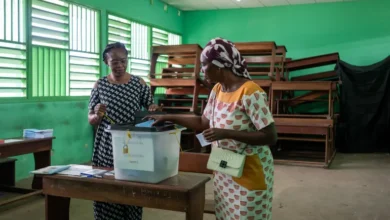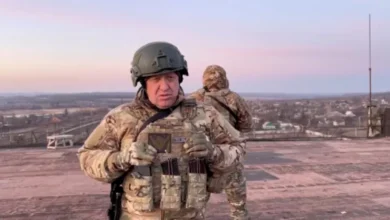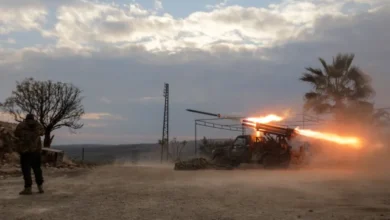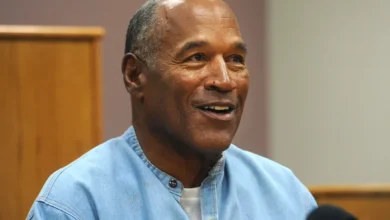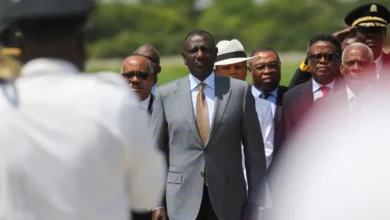Can the US find new partners in West Africa after Niger exit?
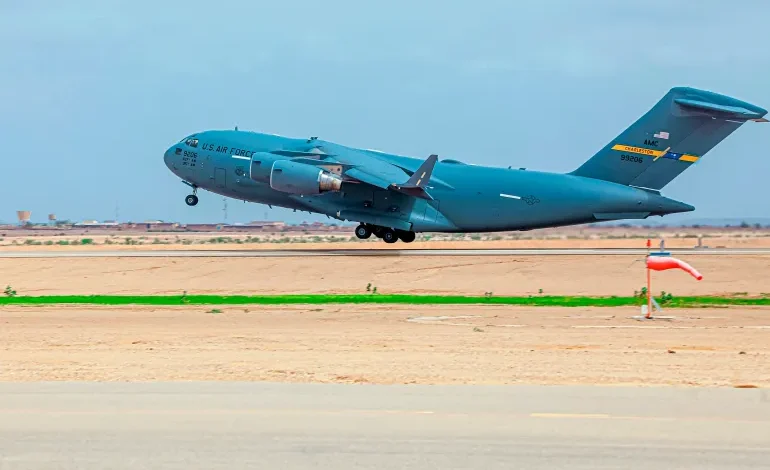
Following 11 years of defence cooperation and millions of dollars spent on maintaining military bases, the United States officially pulled its troops out of Niger this week in a surprise divorce that experts are calling a “blow” to Washington’s ambitions for influence in the troubled Sahel region of West Africa.
Once-close relations between the two countries saw the US establish large, expensive military bases from which it launched surveillance drones in Niger to monitor myriad armed groups linked to al-Qaeda and ISIL (ISIS).However, those ties collapsed in March when Niger’s military government, which seized power in July 2023, cancelled a decade-long security agreement and told the US, which was pushing for a transition to civilian rule, to remove its 1,100 military personnel stationed there by September 15.
For months, the US has failed to either fully align with or outright oppose the ruling military, analysts say.
On the one hand, Washington seemed ready to maintain defence relations with the new ruling power, but on the other, it felt compelled to denounce the coup and pause aid to Niger.
A perceived slight by US officials visiting the country in December, who appeared to be pushing for a transition plan the military government had no interest in, seemed the final straw, causing the Nigerien government to issue the US withdrawal order.
“I think the US thought they could work with the junta, that they could somehow figure out a plan to kind of keep the partnership going, but a few months out from the coup, it became clear that the US and Niger had very different visions,” said Liam Karr, Africa team lead for the US-based Critical Threats Project, a conflict monitoring group.
“[The withdrawal] is going to degrade the US’s ability to keep tabs on what’s going on in the actual epicentre,” he added, referring to the conflict hotspot in the tri-border area linking Niger, Mali and Burkina Faso where armed groups hold sway.
With its strongest regional ally gone, the United States Africa Command unit (AFRICOM) is now turning to possible new partners, although its options are limited by its rivalry with Russia which is also seeking influence in the region.
Senior US military officials, including AFRICOM Commander General Michael Langley, toured parts of coastal West Africa in April including Benin and Cote d’Ivoire for what the US described as “constructive dialogue” with the countries’ leaders.
However, with its withdrawal from Niger hanging like a dark cloud, experts say Washington must now perform a balancing act: continuing surveillance missions in a revamped, less resource-heavy manner while gunning for the effectiveness achieved in Niger.
Americans in Africa
Maintaining military bases in African countries is seen by the US as an important way to monitor armed groups and respond to growing threats of armed violence before it reaches the US’s doorstep, officials often say.
Since 2008, AFRICOM has maintained a presence in 26 African countries. But some 100 US soldiers stationed in Chad were also forced to leave in May after Chad’s air force said they failed to to provide documents justifying their presence at an air base near the capital, N’Djamena.
To the east, the 5,000-man US military base, Camp Lemmonier, is positioned strategically in Djibouti from where personnel monitor the Red Sea as well as Yemen’s Houthi rebels and Somalia’s al-Shabab group. US troops also train the Kenyan army to target al-Shabab from several bases, including Camp Simba in Kenya’s coastal Lamu region.
Al Qaeda-linked Jama’at Nusrat al-Islam wal-Muslimin (JNIM), the Islamic State Greater Sahara branch and the Islamic State West Africa Province are seen as the greatest threats to local militaries and foreign partners like the US in the land-locked Sahel region of western Africa. Preventing those groups from expanding into coastal neighbouring countries is a key US foreign policy.
The US’s Niger exit makes clear just how much Washington’s military influence has shrunk – at least in West Africa – in recent years, experts say.


